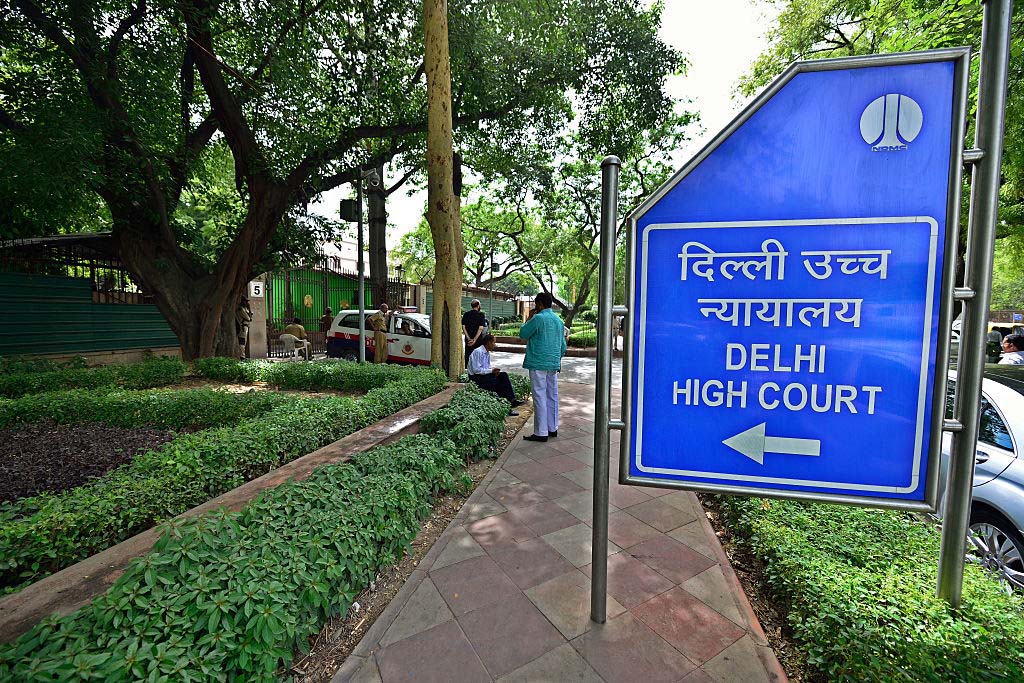In the expanse of New Delhi, the solemn duty of the State is articulated in safeguarding and upholding the rights enshrined for individuals identifying as transgender under the Constitution. Such a mandate was echoed by the Delhi High Court, which, in a recent ruling, directed the local law enforcement to furnish requisite security to a member of the transgender community, facilitating their endeavor to submit candidature for the forthcoming Lok Sabha elections.
The petitioner, Rajan Singh, poised to present his nomination from the South Delhi Parliamentary Constituency, supported by the Rashtriya Bahujan Congress Party, narrated a harrowing incident of a purported “life-threatening assault” encountered earlier this month at his office located in Badarpur. In light of this ordeal, he sought judicial intervention to ensure the protection of his fundamental rights and adequate security measures.
Deliberating on the matter, Justice Anoop Kumar Mendiratta elucidated the sanctity of Article 14 of the Constitution, which vouchsafes equality in the electoral process, deploring any discriminatory acts based on sexual orientation or gender identity, which dilute the essence of this constitutional provision.
“Article 14 of the Indian Constitution guarantees uniformity in the application of laws across all facets of State operations, including electoral participation. Any form of bias predicated on sexual inclination or gender identification not only infringes upon the principle of equality before the law but also contravenes the edicts of Article 14,” pronounced the court in its decree issued on April 29.
Consequently, the petition was adjudicated with directives forwarded to the Deputy Commissioner of Police (South) to furnish requisite security to the petitioner during the nomination process for the South Delhi Parliamentary Constituency. Additionally, the Station House Officer concerned was instructed to furnish his contact details to the petitioner for the aforementioned purpose.
Assurances were proffered by the State’s legal counsel, assuring the court of the State’s readiness to provide security assistance should the petitioner necessitate it during the nomination process. Furthermore, it was affirmed that the petitioner’s grievance would be duly scrutinized in accordance with legal protocols, with the outcome communicated to the petitioner within a fortnight.
Subsequently, it was disclosed that the allegations put forth by the petitioner failed to find corroboration during the preliminary investigation. The legal representative from the Election Commission apprised the court that the nomination proceedings commenced on April 29, with the petitioner at liberty to make an application in adherence to statutory provisions.









